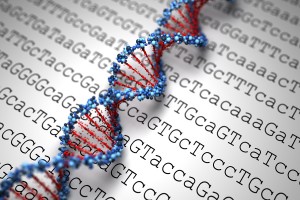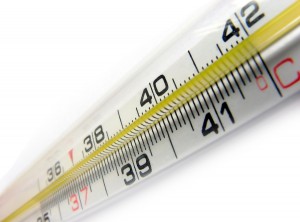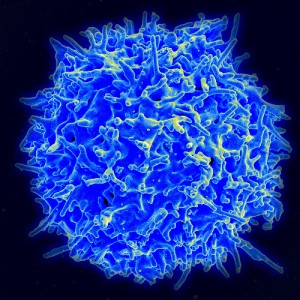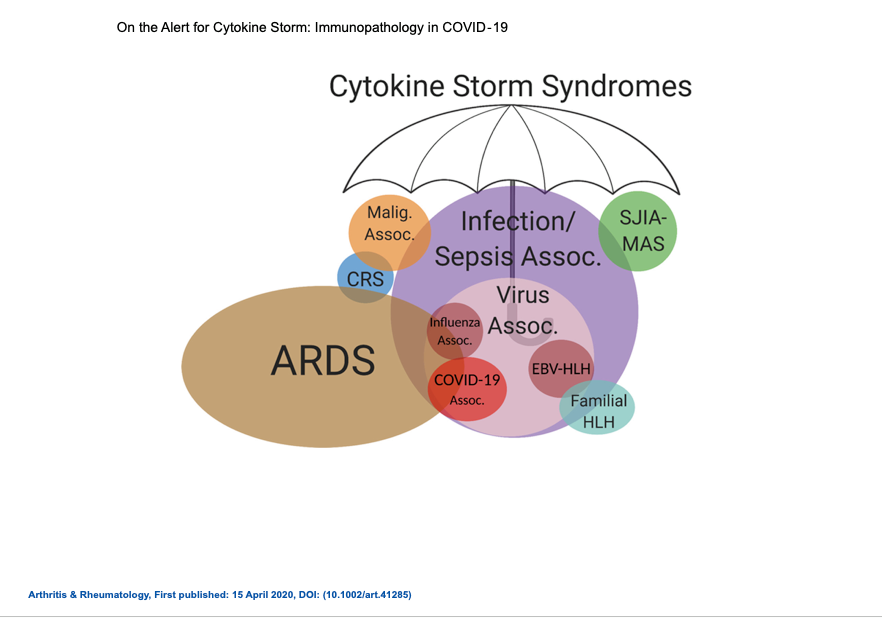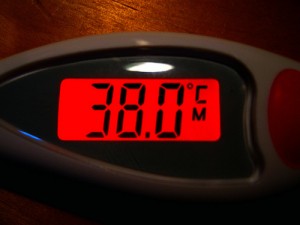Updated 2/3/2023
Most autoinflammatory diseases are known to be genetic conditions with a gene identified as involved in causing the symptoms. Although we do not know all the factors that may be involved in triggering flares, or all the genes involved in autoinflammatory diseases, there is little to nothing that one could do to avoid having these diseases. The patient’s environment, diet, or lifestyle did not create the mutation causing the disease. Nothing parents or patients did caused their periodic fever syndrome.
Periodic fever syndromes have been traced back over hundreds, some thousands of years.
For many of these conditions, such as FMF, HIDS, and Behçet’s, the mutations and/or disease can be traced back hundreds of years, sometimes thousands of years. It is because of genetic testing technology and awareness that more cases are diagnosed today. Previous generations suffered without any knowledge of what was making them sick.
Leaps have been made in research and knowledge over the last 30 years.
Frequently, affected parents are not diagnosed prior to having children. Sometimes, it was only after the doctors noted the same characteristics in the child that the parent had been presenting with for years that led to a diagnosis. In many cases, the diagnosis was finally made when doctors studied generations of people in the family with the same symptoms. Many of these diseases had been classified in the 20th and early 21st century, but the genetic causes were not discovered until the last years of the 20th century and early 21st century. A few autoinflammatory diseases, such as CANDLE and DIRA, were not even classified or their genetic cause identified until just a few years ago.
Elimination diets, “anti-inflammatiory” diets, patients have tried them all in an effort to get relief.
Parents and patients often struggle for years without a diagnosis and have tried all sorts of things to “cure” themselves of their symptoms. This ranges from dietary changes, avoidance of certain flare triggers, such as exposure to cold or cooling temperatures for patient with some forms of CAPS, allergy testing, elimination diets, testing for environmental toxins, and more. Generally, none of these are found to help significantly or prevent the progression of the disease. For some it’s only after years of exhausting all these possibilities that the rare recurring fever syndromes are considered.
There are well-studied effective treatment options for many.
There are various treatments for the autoinflammatory diseases. To treat the condition, the medication must target the specific part of the innate immune system that is causing the symptoms. Medications like colchicine and biologics are common treatment options. For some conditions, there is not yet a good treatment.
When diet might help, but will not cure:
There are some patients that have concurrent, or additional diseases, besides their autoinflammatory disease that may benefit from dietary modifications. Dietary changes to treat food allergies, food sensitivities, and any concerns with various foods should be discussed with your doctor and a registered dietitian.
Some patients have gastrointestinal symptoms as part of their periodic fever syndrome and may benefit from a specific diet. But in general, dietary modification does not “cure” or alter the underlying genetic disease at the level necessary to control chronic inflammation in the body.
Some patients with FMF that are on colchicine have been found to have issues with lactose intolerance, and there are anecdotal accounts from some patients in the online communities that dietary changes have helped with their symptoms, but these changes do not “cure” or treat the underlying autoinflammatory disease. If someone has food sensitivities or food allergies, consuming those foods can cause an inflammatory response, which stresses the body in general.
When diet changes may cause harm in patients with a periodic fever syndrome:
Some patients with autoinflammatory diseases have anemia of inflammation and chronic disease as a result of their disease.
Some children may have trouble with growth or gaining weight due to frequent flares, symptoms such as vomiting or diarrhea, and/or chronic systemic inflammation.
Some may even be diagnosed with failure to thrive.
Restricting a patient’s diet without proper medical supervision could worsen such conditions and cause more harm rather than help. All diet changes should be discussed with the treating rheumatologist or immunologist, a registered dietician, and the gastroenterologist (if one is involved with the care of patient) before any changes are made to the patient’s diet.
According to Dr. Grom, rheumatologist at Cincinnati Children’s Hospital, “My concern, for example, is that if you decide to go with a gluten free diet, it will limit the number of products that you can buy in a supermarket and use in your cooking. As a result, you may lose important sources of important vitamins. A gluten-free diet could eliminate whole grain bread, it’s a very important source of vitamin B1-B6..When you start playing with diets…you may also put your child at risk to develop some other deficiencies for vitamins, for certain micro elements. To me, I think the diversity of food – fruits, vegetables – is more important than a particular diet.”
Due to these diseases not being common or easily understood, often patients and parents have lived with judgments, blame, and misunderstandings from peers, friends, family, co-workers, and even medical professionals. This can cause a great deal of distress and stigma for patients to overcome, but nothing the patient or parent did or didn’t do caused the autoinflammatory disease.
References
- Colchicine-induced lactose malabsorption in patients with familial Mediterranean fever
- Unbiased Science Podcast: Don’t be Gluten Pumishment
- Science-Based Medicine: Risks of a Gluten-free Diet
- Systemic JIA Foundation: SJIA Parents’ Questions Answered by Doctors at Family Day
- Unbiased Science Podcast: The Autoimune Protocol (AIP) is full of Inflammatory Claims


